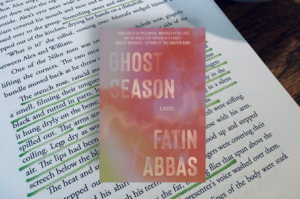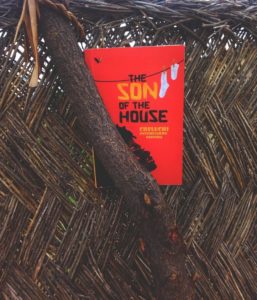So let’s say you’ve gone through every one of your favorite TV shows. Worse still, it’s been days since your favorite fashion blog made a new post. And for some reason (I’m discreet enough not to probe) you have decided to take time off Facebook and the Internet in general. And your only options are: perish of boredom or watch the second Sex and the City movie a second time. If things are that bad, then I can safely take the liberty of interesting you in some 18th century British novels. They tend to have a certain kind of spunk. Robinson Crusoe (1719) is a favorite. It’s about a man who is shipwrecked and stranded in an island. He encounters cannibals and all sorts of craziness. But on the whole he is bubbly and content with his ability to adapt to any form of hardship. Another 18th century darling is Gullivers Travels (1726). Well that’s what we like to call it, but the original title is Travels into Several Remote Nations of the World, in Four Parts. By Lemuel Gulliver, First a Surgeon, and then a Captain of Several Ships. With a title like that you know you are in for a treat. From pin-size people to talking horses, there is so much to love about Swift’s quirky imagination.
since your favorite fashion blog made a new post. And for some reason (I’m discreet enough not to probe) you have decided to take time off Facebook and the Internet in general. And your only options are: perish of boredom or watch the second Sex and the City movie a second time. If things are that bad, then I can safely take the liberty of interesting you in some 18th century British novels. They tend to have a certain kind of spunk. Robinson Crusoe (1719) is a favorite. It’s about a man who is shipwrecked and stranded in an island. He encounters cannibals and all sorts of craziness. But on the whole he is bubbly and content with his ability to adapt to any form of hardship. Another 18th century darling is Gullivers Travels (1726). Well that’s what we like to call it, but the original title is Travels into Several Remote Nations of the World, in Four Parts. By Lemuel Gulliver, First a Surgeon, and then a Captain of Several Ships. With a title like that you know you are in for a treat. From pin-size people to talking horses, there is so much to love about Swift’s quirky imagination.
And then there is Rasselas: Prince of Abyssinia (1759). There is a grand palace, a prince, a princess, a chambermaid, elopement, kidnap, caravans and trips to Cairo and other such romantic places. But there is no story. Rasselas is a weak plot burdened by long digressions about philosophy. Every character has pages after pages of opinions on everything from madness to astronomy to happiness.To be fair to Rasselas, it was not meant to be a novel and is definitely not a tale in the conventional sense of the word. If Wikipedia is right, Rasselas is a “philosophical romance,” whatever that means. If you are not looking for some philosophy in your romance, stay away from Samuel Johnson’s Rasselas: Prince of Abyssinia.








COMMENTS -
Reader Interactions